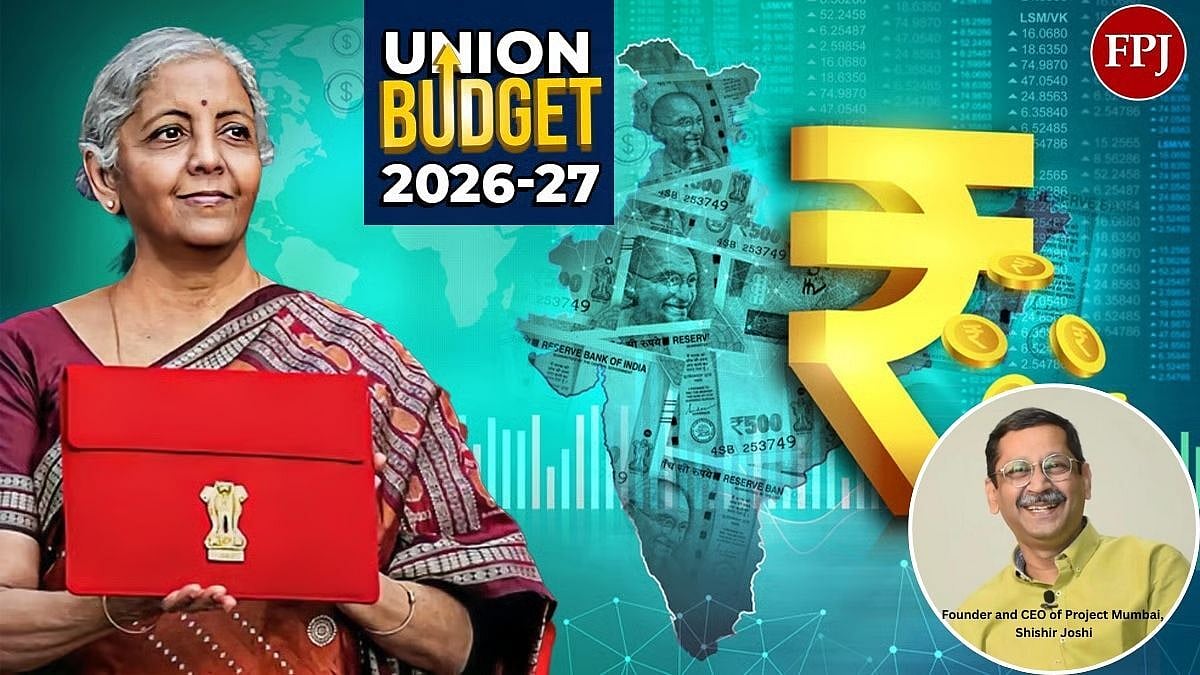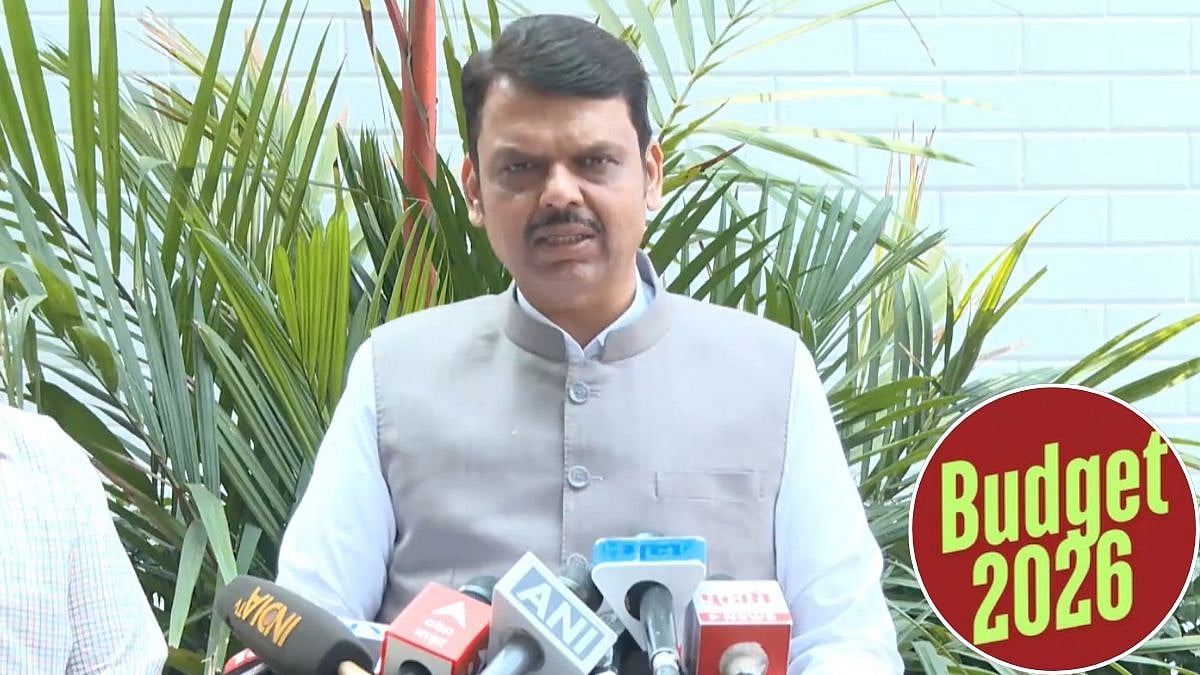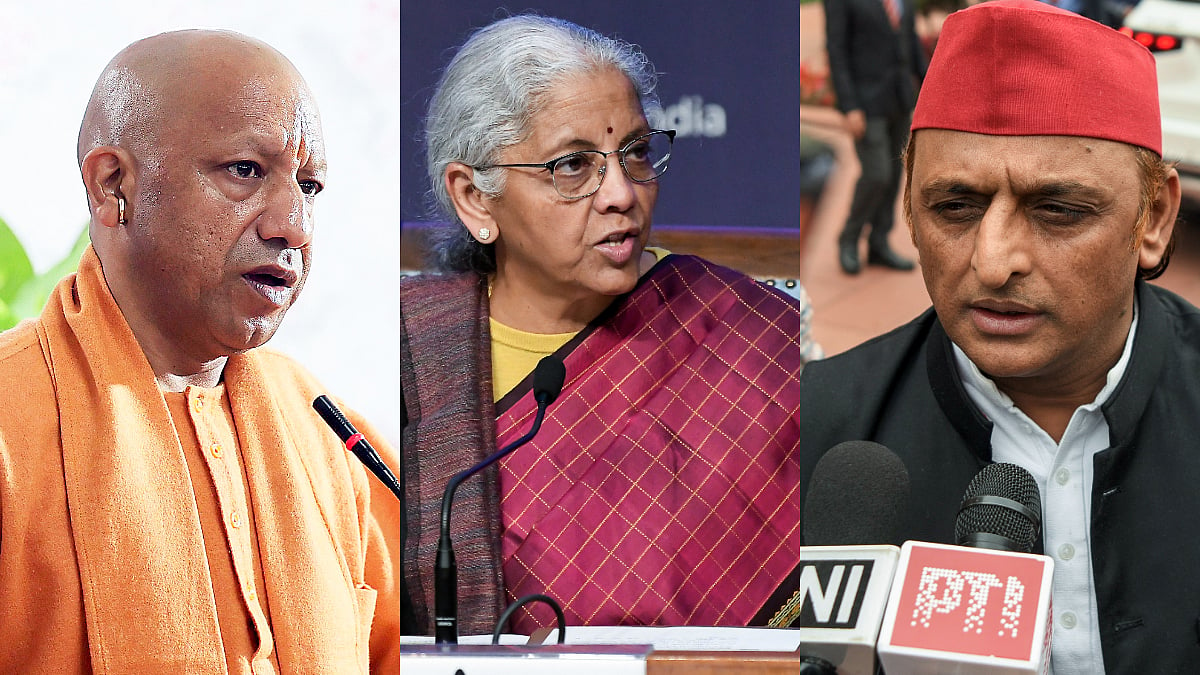What are Non-Fungible Tokens?
Non-Fungible Tokens (NFTs) are digital tokenized assets that in most cases represent real-world objects such as physical art, 2D and 3D art, music, games, and videos. NFTs can be bought, sold, and traded online, typically through cryptocurrencies. NFTs have been in the market since early 2014, but in recent times have gained tremendous amount of attention which has been parallel with the evolution of the field of cryptocurrencies. NFT’s are a unique mode of storing a data unit on a digital ledger i.e., blockchains.
A blockchain is as a digital data record which is organized in chronological order that is linked and secured by cryptographic proofs. Blockchain store electronically records/ information in a digital format that play a critical role in cryptocurrency transactions by way of securing the record data of every step taken in the digital world. Blockchain holds a position of higher security when compared with the regular digital database maintained by entities on a regular basis i.e., the blockchain compiles the information together in groups by way of collecting it in blocks that holds the abovementioned record/ information. These blocks of the blockchain store all the information and when filled are closed and linked to the previously filled block forming a chain of blocks which is commonly referred to as blockchain. An entry on the blockchain once made is immutable, and therein lies the utility of a blockchain record.
An NFT, in layman terms, can be defined as a digitally produced object such as photographs, images, video clips (2D or otherwise), audio clips, digital renders and any other type of unique digital file which can hold digital monetary value, and which inherently has a defined public proof of ownership.
The popularity of an NFT can be ascertained by the recent hype where in 2021, Vignesh Sundaresan, an alumnus of the US-based start-up accelerator Y-Combinator, who is commonly known as MetaKovan, purchased an NFT knows as the ‘Everydays: The First 5000 Days’ for $ 69 million.
Global Legal Framework for NFTs:
In February 2022 the United Arab Emirates enacted a legislation for the regulation of virtual assets which has recognized cryptocurrency as a valuable asset and established a public corporation called VARA - the Dubai Virtual Assets Regulatory Authority. This public corporation will have the legal, financial, and administrative autonomy to undertake all necessary actions/ dispositions/ activities to ensure the objects set out under VARA have been achieved. The main objective of the VARA is increasing the awareness on investment in the virtual asset services and products sector and encouraging the innovation in the said sector, developing the regulations required for protecting the investors and dealers in virtual assets, curbing the illegal practices in coordination with the concerned entities and developing rules, regulations, standards for overseeing and supervising the virtual assets platforms and service provides. Several other jurisdictions in the world have also started the process of adopting cryptocurrency and amending the laws to govern the same. Recently, El Salvador was in the news after having invested close to $100 million in Bitcoin.
In India, under the Finance Bill 2022, clarification has been provided on the taxation of digital assets. As per the Finance Bill, 2022, every transaction in relation to the virtual/ digital asset shall be taxed at 30%. Virtual/ digital assets generally refer to the cryptocurrencies and NFTs. It has further been clarified that the trading of digital gold and central bank digital currency shall not fall under the ambit of such taxation. This taxation framework has been applicable since April 2022.
The Central Board of Direct Tax vide its recent notification dated June 30, 2022 has defined the term ‘virtual digital assets’ under section 247 (A) of the Income Tax Act, 1961 (IT Act). Pursuant to the Notification, the CBDT has recognised NFTs as a token which qualifies to be a virtual digital asset under the IT Act. However, it also clarifies that an NFT (which is being transferred) shall not include
such NFTs, transfer of which results in transfer of the ownership of the underlying tangible asset, subject to the tangible asset being legally enforceable in the jurisdiction of India. Accordingly, as and when property records are maintained on a blockchain, the transfer of the token / NFT representing the record of ownership of that property will not fall within the ambit of a virtual digital asset for the purpose of the IT Act.
In Conclusion
As on date, there is no law governing the NFT and cryptocurrency trade in India but given the pace of development of NFTs and their perceived value and interest, we do expect a regulatory framework to evolve to govern their creation and commercialisation. However, as Smt. Sitharaman has rightly recognised, regulation of this field would require tremendous international cooperation, and this is no small feat. While regulation of NFTs is inevitable, we expect that it will take some time to implement. Until such time, NFTs players will have no choice but to deftly tread through grey areas.
The authors are Mallika Noorani, Senior Partner, Sachit Kumar and Akkshay Thawani, Associates at Parinam Law Associates









